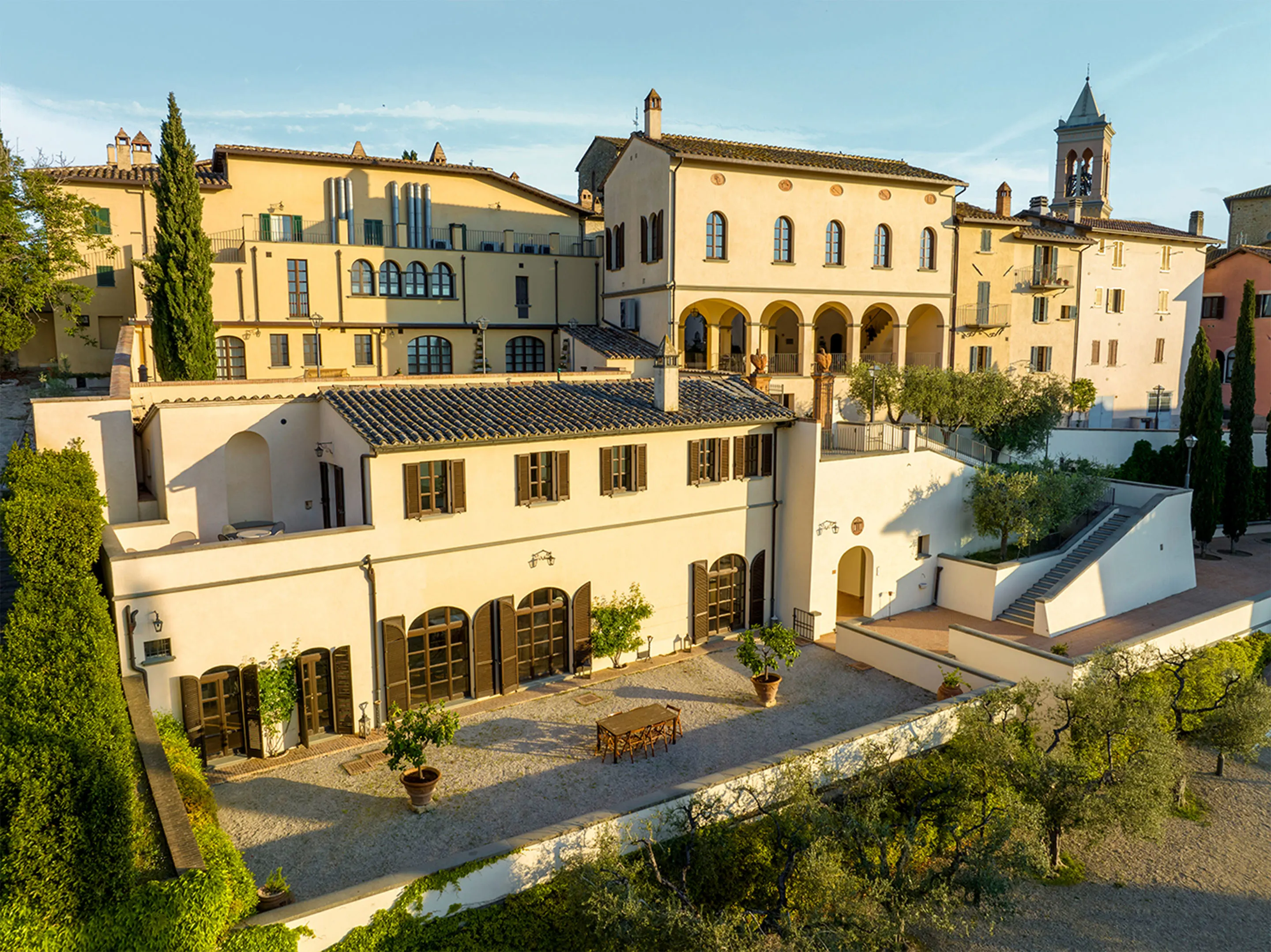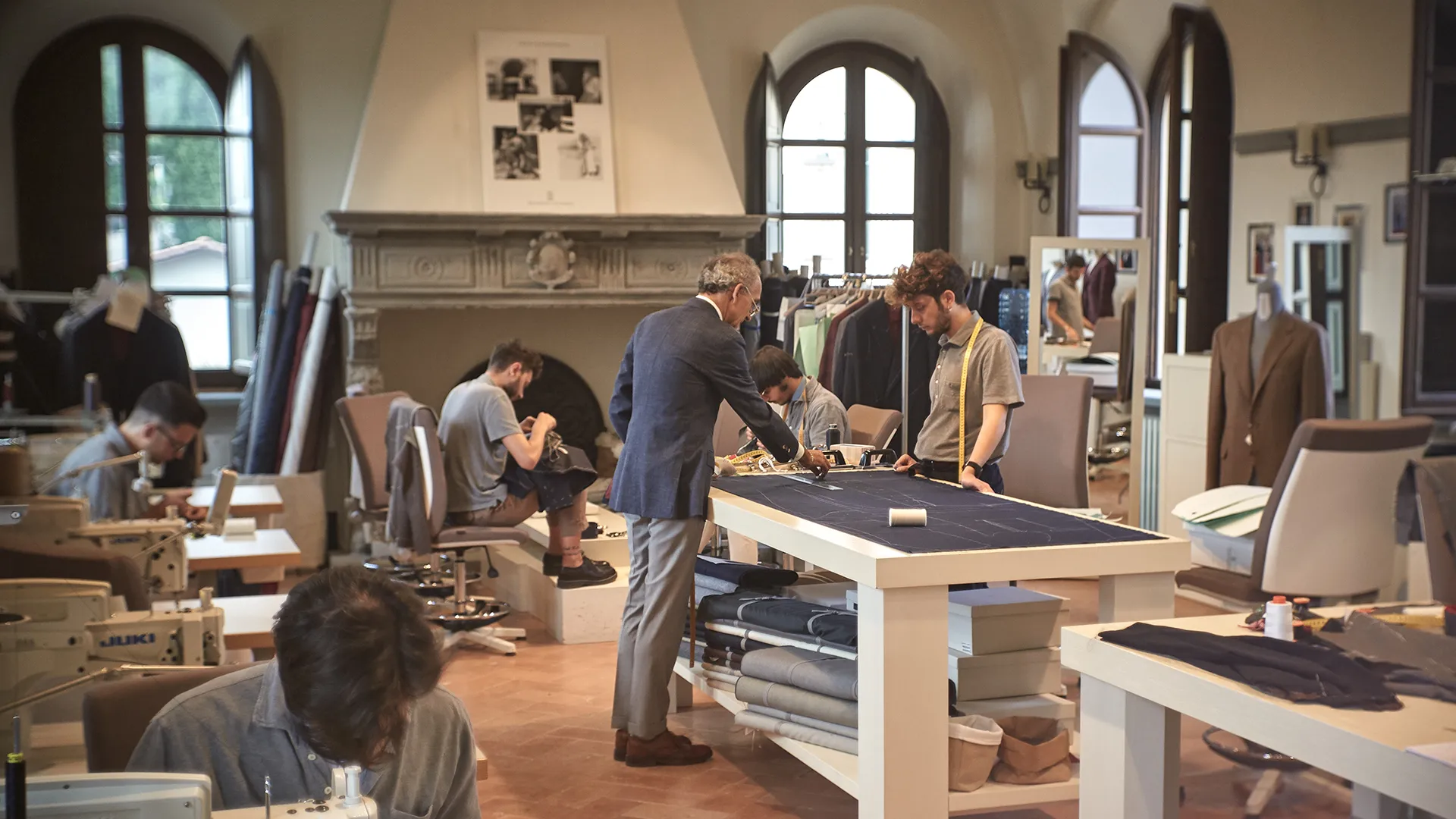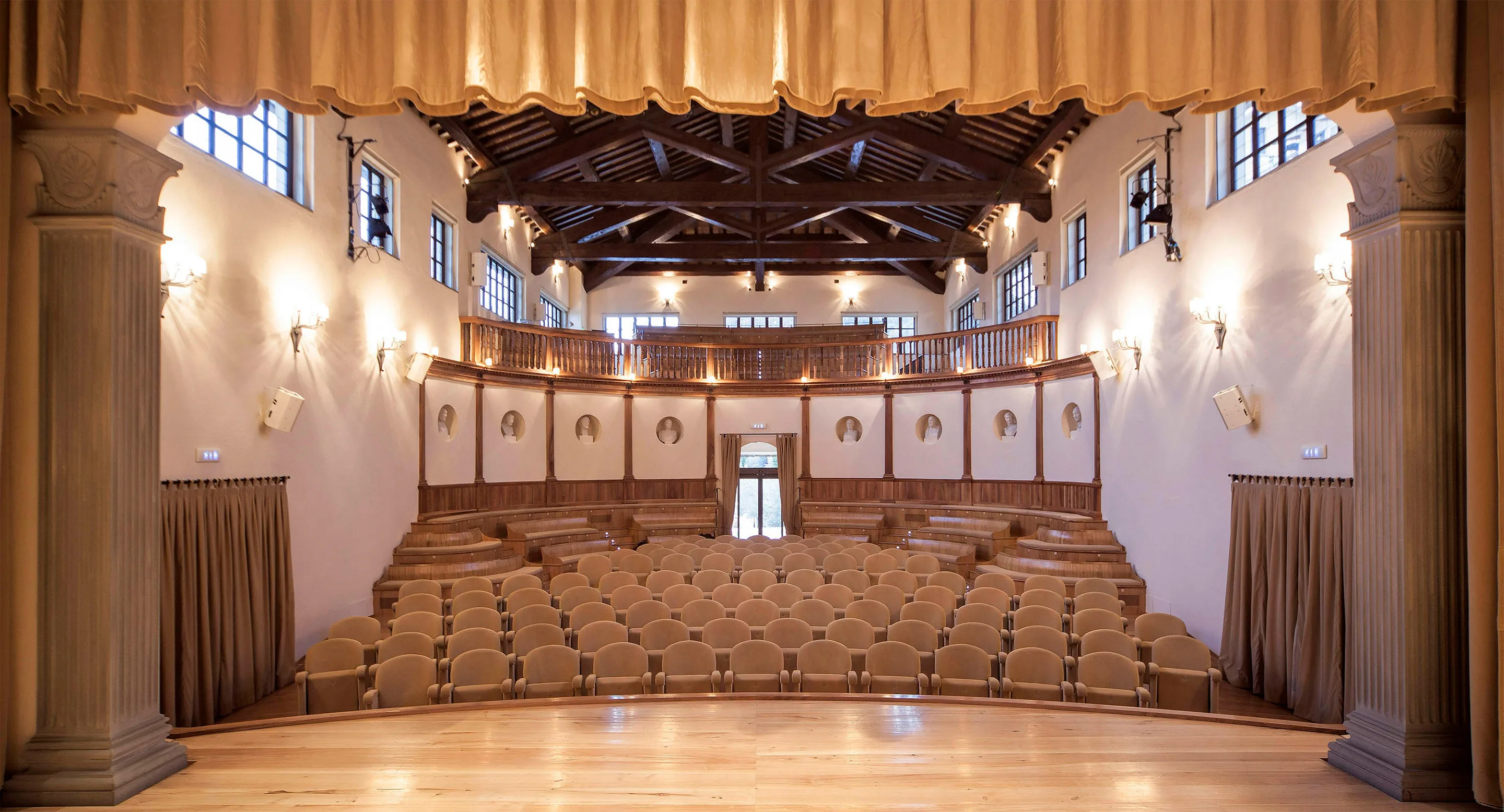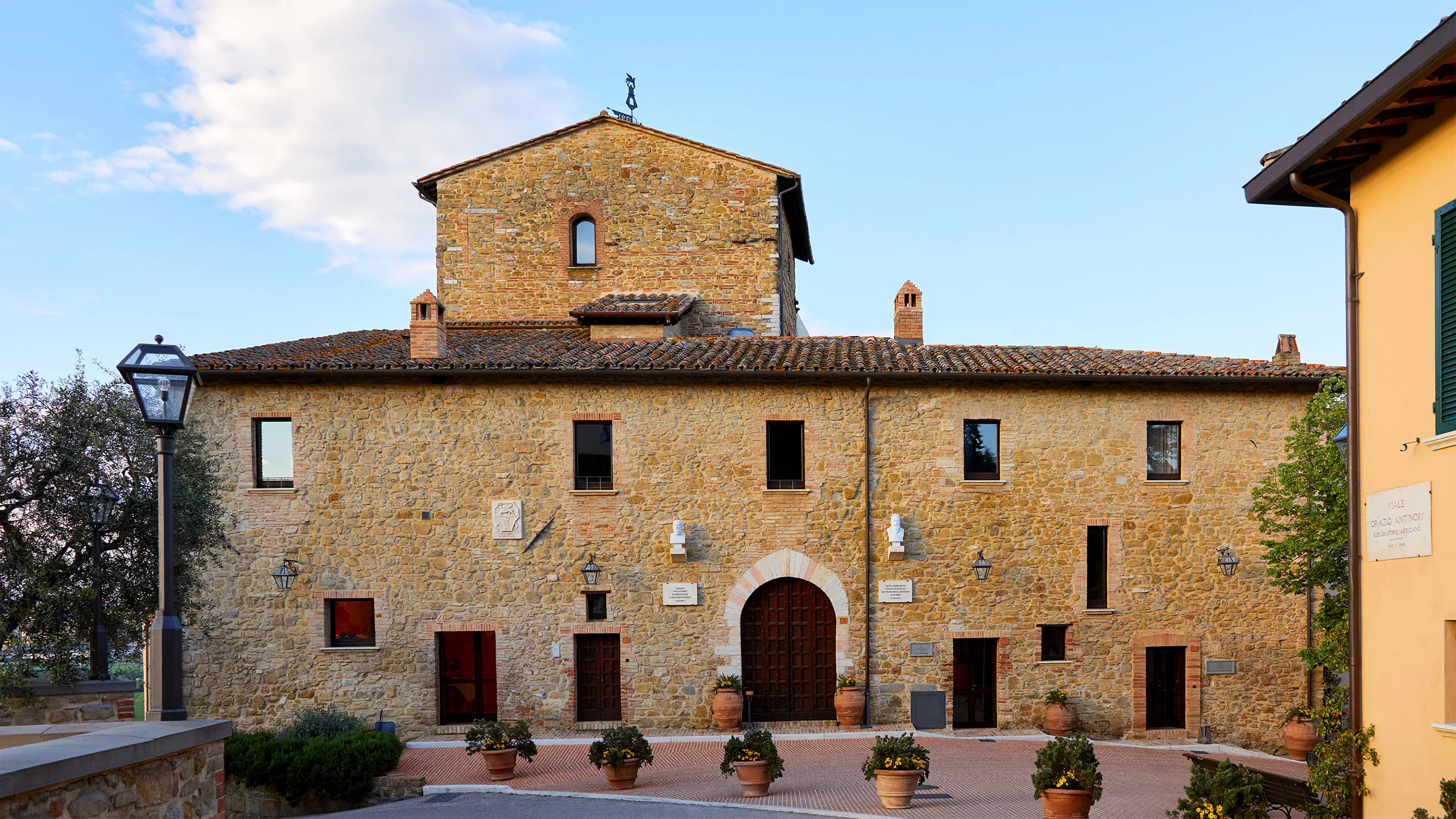Experiential Luxury. Moving from things to feelings.
- Thomas Wieringa

- Jan 24, 2024
- 4 min read
Updated: Jan 29
In the face of challenging economic conditions, the luxury hospitality sector emerged as a beacon of growth within the global luxury industry, reaching unprecedented heights in 2023. The 22nd edition of the annual Luxury Study by Bain & Company and Fondazione Altagamma sheds light on the remarkable surge in luxury hospitality, providing valuable insights for luxury brands navigating this flourishing segment.
While the luxury industry witnessed robust growth, luxury hospitality stood out by surpassing pre-pandemic levels, reaching an estimated €213 billion. This surge was propelled by a heightened appetite for unique, personalized, and transformative experiences.
Key Insights
Luxury consumers expressed a resounding desire for meaningful experiences, seeking to disconnect from normal life. This yearning fueled a 15% growth in demand for luxury experiences, creating a profound impact on the hospitality sector. The surge was driven by consumers longing for social interactions and travel, reengaging with luxury beyond mere products.
A fundamental insight driving the growth of luxury hospitality is the evolving importance of meaningful experiences. In an era marked by social and economic uncertainties, consumers are seeking more than material possessions. The desire for experiences that resonate on a deeper, emotional level has become a dominant force, propelling the sector to historic highs. This insight taps into the psychology of modern luxury consumers, who value moments that create lasting memories and emotional connections.
The psychology driving this shift is rooted in the evolving consumer mindset. Luxury consumers, across generations, are shifting from conspicuous consumption to a focus on experiences. The experience economy acknowledges that, in a world flooded with material abundance, memorable experiences hold intrinsic value. Consumers now prioritize the emotions, stories, and connections that luxury experiences provide over the mere possession of goods. This shift aligns with a broader cultural move towards authenticity, personalization, and a quest for genuine connections.
One size fits one
The growth in luxury hospitality is without a doubt connected to multigenerational dynamics. While Generations X and Y contribute significantly to the surge, the influential Generation Z emerges as a driving force, inspiring value systems and expressing a strong desire for lived experiences. Each generation seeks distinct qualities in their luxury experiences, from opulent stays for established professionals to immersive adventures for the socially conscious Gen Z.
Understanding the diverse expectations of each generation is essential for marketers. Tailoring luxury hospitality offerings that resonate with Gen X and Y's expectations while embracing the experiential desires of Generation Z is paramount. Personalization and authenticity will be key to capturing the unique interests and aspirations of these influential consumer segments.
Brunello Cucinelli's Solomeo
Photo credit : Brunello Cucinelli
Solomeo is a medieval hamlet whose foundation probably dates back to the reclamation of the land in the twelfth century. Solomeo represents the core of Brunello's family, business and spiritual life. Today it could be described as a place of pilgrimage.
Moving forward
To leverage the surge in luxury hospitality, brands must craft experiences that go beyond the conventional. Immersive and transformative offerings should tap into the emotional and aspirational needs of consumers seeking a profound connection. From curated stays to exclusive adventures, each experience should tell a compelling story and resonate on a personal level.
As monobrand stores become pivotal in fostering in-person interactions, marketers should focus on creating seamless journeys from digital to physical worlds. Think Phygital. By integrating technology seamlessly, brands can offer a holistic journey that resonates with the desire for authentic connections.
Tailoring experiences that align with the unique preferences of each generation is crucial. Luxury brands should recognize the distinct qualities that Gen X, Gen Y, and Gen Z seek in hospitality. Personalized offerings that cater to diverse interests and aspirations will not only capture market share but also establish long-term loyalty across generations.
Habitas offers you Luxury for the Soul
Habitas is a global home for a global community of like-minded people seeking connection, inspiration and a better future together. Their experience is powered by music, wellness, art, adventure, food, learning and giving back. Through these pillars, Habitat crafts magical worlds in which strangers become friends and friends become family. This is what they call luxury for the soul.
Ride the transformative wave
In navigating the evolving landscape of the luxury industry, the key message for luxury brands is to recognize and embrace the transformative power of meaningful experiences. As consumer priorities shift towards creating lasting memories and emotional connections, luxury brands should tailor their offerings to provide immersive and authentic encounters. This emphasis on personalized, meaningful experiences not only aligns with current consumer desires but also positions brands to thrive in a future where such encounters reign supreme.
By understanding the diverse preferences of different generations, focusing on personalization, and seamlessly integrating digital and physical interactions, luxury brands can not only navigate the current challenges successfully but also cultivate lasting loyalty across a broad spectrum of consumers.
Wonder how to move forward and ride the wave?
FAQ
How do luxury brands measure the success of their experiential offerings? Luxury brands measure the success of their experiential offerings through customer feedback, repeat business, and social media engagement. Engaging customers in post-experience surveys and monitoring online engagement and reviews can provide valuable insights into the effectiveness and appeal of these experiences.
What are the challenges luxury brands face when transitioning from product-centric to experience-centric models? Transitioning from product-centric to experience-centric models presents challenges such as aligning experiences with brand identity, training staff to deliver high-quality personal services, and managing operational complexities related to creating and sustaining unique experiences. Ensuring consistency in brand experience across different settings and adapting to varied customer expectations are key hurdles.
Can experiential luxury be sustainable, and if so, how are luxury brands incorporating sustainability into these experiences? Experiential luxury can be sustainable by integrating eco-friendly practices and promoting local cultures and traditions. Luxury brands are increasingly incorporating sustainability into their experiences by using resources responsibly, supporting local communities, and emphasizing conservation efforts to ensure their activities contribute positively to the environment and society.









Comments